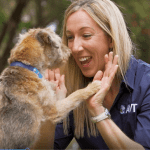If you work with dogs daily, whether in a doggy daycare, grooming salon, animal shelter or as a council ranger, you’ve likely encountered fearful, anxious or reactive behaviour. Knowing how to read canine body language and apply ethical handling techniques is crucial for ensuring safety, reducing stress and improving the overall well-being of the animals in your care.
AVT’s ACM40322 Certificate IV in Animal Behaviour and Training course is designed to equip animal care professionals with the skills to interpret behaviour, apply positive reinforcement training and advocate for the humane treatment of dogs.
Why understanding canine behaviour matters
Dogs communicate primarily through body language, and misinterpreting their signals can lead to increased stress, reactivity and even dangerous situations. By expanding your knowledge of canine behaviour, you can:
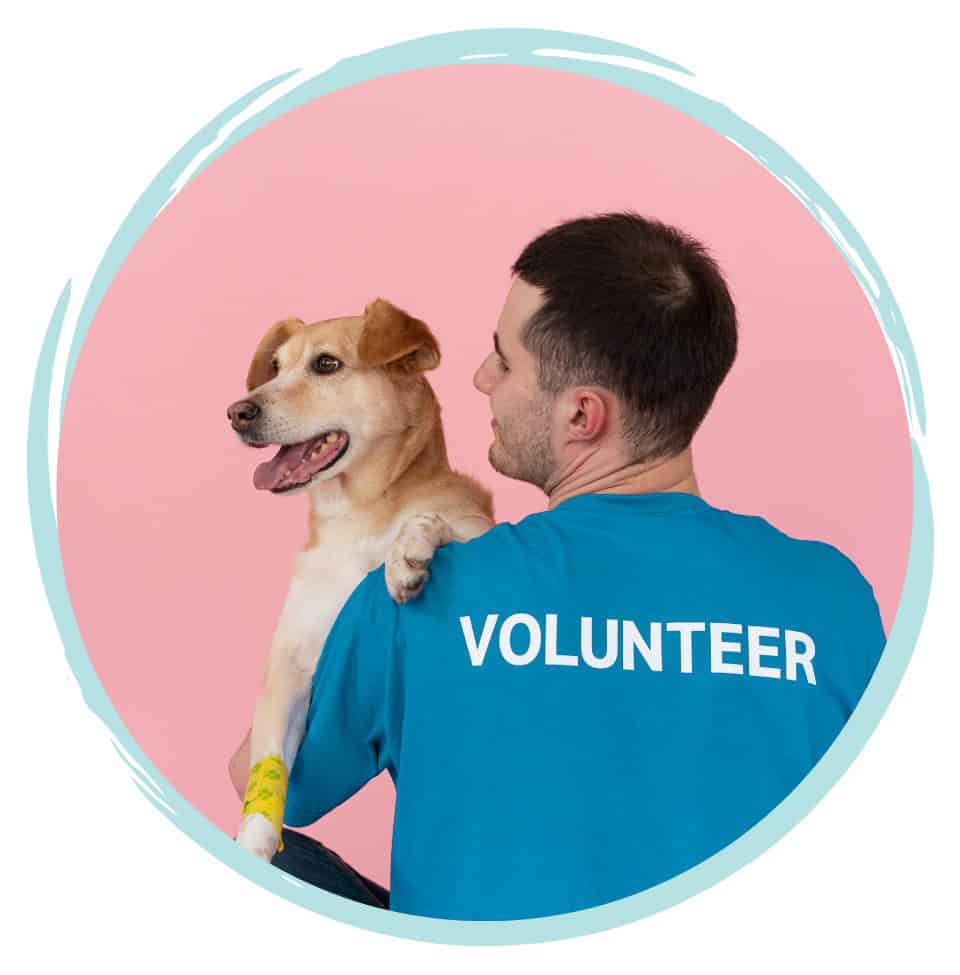
- Enhance safety by recognising early warning signs of fear or aggression.
- Improve animal welfare by reducing stress and anxiety in handling situations.
- Strengthen relationships with the dogs in your care by building trust.
- Boost your career prospects by gaining specialised skills in animal behaviour and training.
Who can benefit from upskilling in Behaviour and Training?
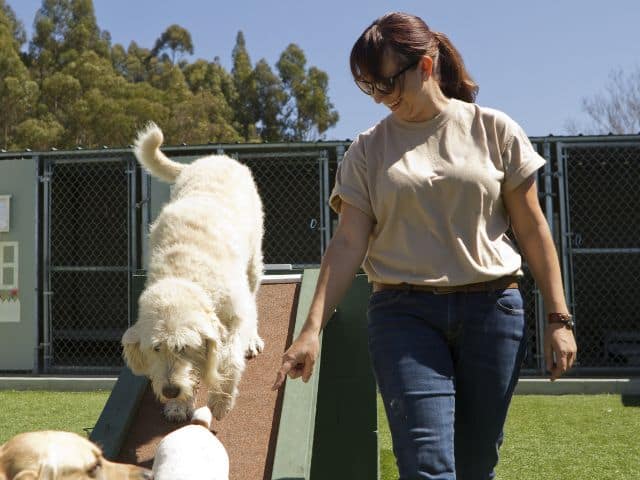
Handling multiple dogs in a group setting requires a solid understanding of social cues and play styles. With behaviour training, doggy daycare workers can:
- Identify signs of stress or conflict before they escalate.
- Promote safe and positive interactions among dogs.
- Help create a calm, structured environment for happy, well-adjusted dogs.
- Offering additional services to pet owners such as dog training consultations.

Grooming can be a stressful experience for many pets, especially those who fear handling or specific grooming tools. By learning to read body language, groomers can:
- Reduce fear-based reactions and make grooming sessions more comfortable.
- Apply low-stress handling techniques to ensure a positive experience for both you and the pet.
- Educate pet owners on behaviour management for future grooming success.
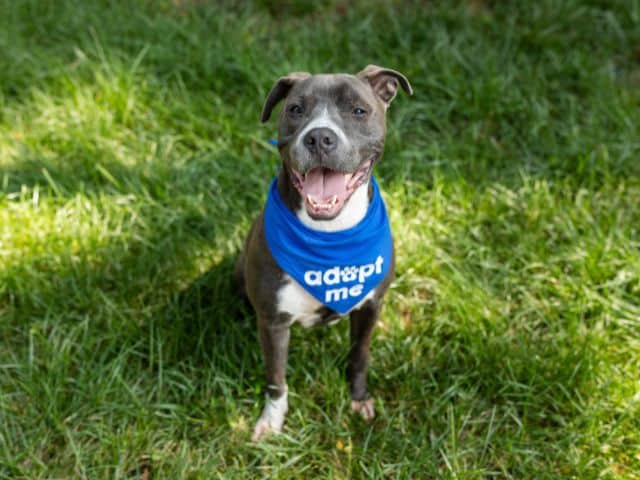
Dogs in rescue environments often come from unknown or traumatic backgrounds. Understanding their behaviour allows animal attendants and kennel hands to:
- Assess their comfort levels and adapt handling techniques accordingly.
- Implement enrichment strategies that improve their well-being.
- Assist with conditioning and training methodologies to start their training journey before being adopted.
- Provide ethical training services and advice to adopters and foster carers.

Encountering stray, lost or fearful dogs requires a calm, knowledgeable approach. Confidence in reading body language and behaviour allows council rangers and animal control officers to:
- Safely and humanely handle dogs in various situations.
- Reduce fear-based aggression through ethical management strategies.
- Educate the public on responsible pet ownership and behaviour.
- Help guide and direct members of the public to resources and assistance, such as recommending dog training services, animal behaviourists or veterinary care when needed.
Take the next step in your career
Expanding your skills in animal behaviour and training doesn’t just make your job easier, it also enhances the welfare of the dogs you work with every day.
Whether you want to create safer environments, improve dog welfare or simply become a more skilled and confident professional, the ACM40322 Certificate IV in Animal Behaviour and Training is your next step.
About AVT
We have been training animal care, animal behaviour and training, equine care and veterinary nursing students for over 25 years in Australia. Students who undertake AVT courses range from high school-aged students just starting their pre-vocational journey right through to mature-aged students seeking an alternative career path. Graduates are highly respected and sought after by industry professionals, businesses and organisations. If you want the background knowledge and skills to help you secure your career in the animal care industry, check out our qualifications here or gain new skills by studying one of our short courses.
Commence Your Studies in Dog Training
Get Qualified
ACM40322 Certificate IV in Animal Behaviour and Training
About Behaviour and Training
Animal Behaviour and Training
Further Your Pathway
Canine Behaviour Consultant Course
About this Short Course
